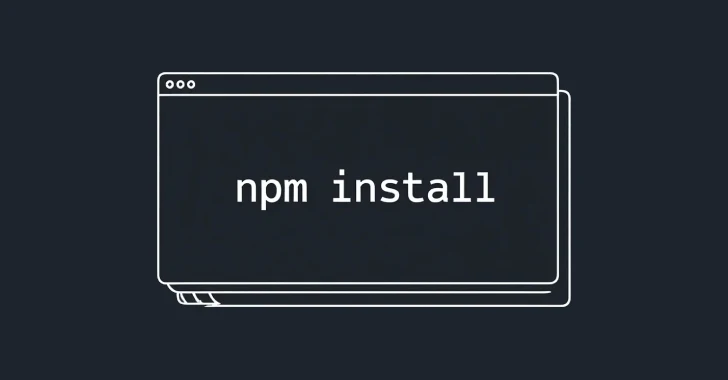Cybersecurity researchers have identified a sophisticated supply chain attack involving three malicious Go modules designed to deliver destructive payloads capable of rendering Linux systems unbootable. These modules, masquerading as legitimate packages, contain obfuscated code that fetches and executes remote scripts to overwrite a system’s primary disk.
Identified Malicious Modules:
– `github.com/truthfulpharm/prototransform`
– `github.com/blankloggia/go-mcp`
– `github.com/steelpoor/tlsproxy`
Despite their seemingly benign appearances, these modules harbor concealed code designed to target Linux environments specifically. Upon execution, they perform the following actions:
1. Operating System Verification: The modules first determine if the host operating system is Linux.
2. Payload Retrieval: If the system is running Linux, the modules use the `wget` utility to download a secondary payload from a remote server.
3. Execution of Destructive Script: The downloaded payload is a shell script that executes a command to overwrite the entire primary disk (`/dev/sda`) with zeroes. This action effectively destroys all data on the disk and prevents the system from booting.
This method of attack is particularly insidious because it ensures that no data recovery tools or forensic processes can restore the lost data, as the disk is directly and irreversibly overwritten. The result is a completely incapacitated Linux server or developer environment, underscoring the severe risks posed by modern supply chain attacks that can transform trusted code into devastating threats.
Broader Implications and Related Threats:
This discovery is part of a larger trend of malicious activities targeting software supply chains. In addition to the Go modules, researchers have identified multiple malicious packages in the npm registry designed to steal sensitive information, including mnemonic seed phrases and private cryptocurrency keys. Notable among these are:
– `crypto-encrypt-ts`
– `react-native-scrollpageviewtest`
– `bankingbundleserv`
– `buttonfactoryserv-paypal`
– `tommyboytesting`
– `compliancereadserv-paypal`
– `oauth2-paypal`
– `paymentapiplatformservice-paypal`
– `userbridge-paypal`
– `userrelationship-paypal`
These packages have been found to exfiltrate sensitive data, posing significant risks to users who inadvertently install them.
Similarly, malicious packages have been discovered in the Python Package Index (PyPI) repository, such as `web3x` and `herewalletbot`, which are capable of siphoning mnemonic seed phrases. Collectively, these packages have been downloaded over 6,800 times since their publication in 2024, indicating a widespread impact.
Another set of seven PyPI packages has been identified leveraging Gmail’s SMTP servers and WebSockets for data exfiltration and remote command execution. These packages include:
– `cfc-bsb` (2,913 downloads)
– `coffin2022` (6,571 downloads)
– `coffin-codes-2022` (18,126 downloads)
– `coffin-codes-net` (6,144 downloads)
– `coffin-codes-net2` (6,238 downloads)
– `coffin-codes-pro` (9,012 downloads)
– `coffin-grave` (6,544 downloads)
These packages use hard-coded Gmail account credentials to sign in to the service’s SMTP server and send messages to another Gmail address, signaling a successful compromise. They then establish a WebSocket connection to create a bidirectional communication channel with the attacker.
The threat actors exploit the trust associated with Gmail domains (`smtp.gmail.com`) and the likelihood that corporate proxies and endpoint protection systems will not flag them as suspicious. This approach makes the attack both stealthy and reliable.
Mitigation Strategies:
To mitigate the risks posed by such supply chain threats, developers and organizations are advised to adopt the following practices:
1. Verify Package Authenticity: Before incorporating new packages, check the publisher’s history and associated GitHub repository links to ensure legitimacy.
2. Regular Dependency Audits: Conduct periodic reviews of all dependencies to identify and remove any that are unnecessary or potentially harmful.
3. Enforce Strict Access Controls: Implement policies that restrict the ability to add new dependencies without proper review and approval.
4. Utilize Security Tools: Employ tools designed to detect and alert on suspicious package behavior or known vulnerabilities.
5. Monitor for Unusual Activity: Keep an eye on network traffic and system behavior for signs of compromise, such as unexpected outbound connections or changes to critical files.
By implementing these strategies, developers and organizations can enhance their defenses against supply chain attacks and protect their systems from malicious code that could lead to data loss or system downtime.


